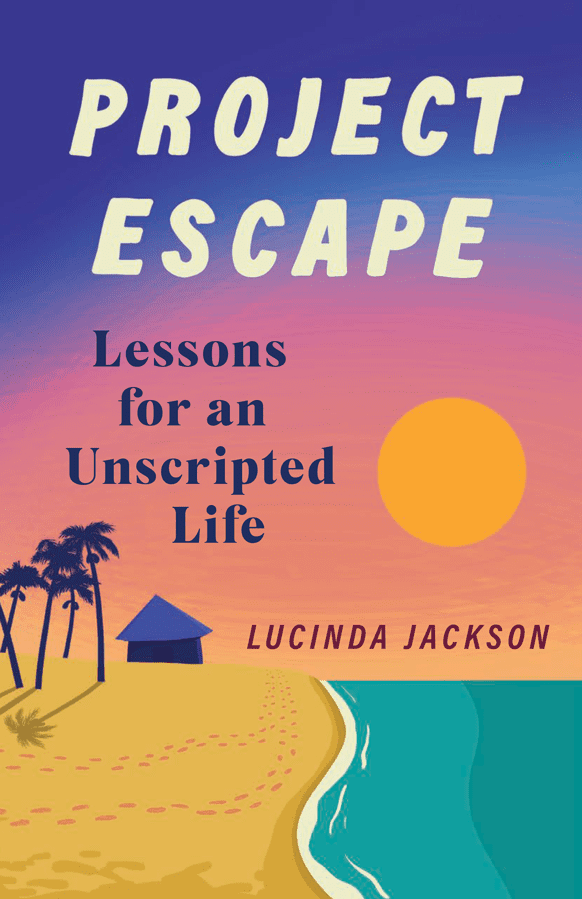Unlike men, women at retirement age today, in their late 50s and 60s, are reportedly less susceptible to a personal crisis or depression following retirement since their identities are less tied to their careers.
But I call bullshit.
 As part of the first era of women “allowed” into male dominated professions in the 1970s, most of my female colleagues and I do not fit this sexist generalization. We identify strongly with our careers. It seems a whole generation of women like us might now face retirement with a deeply rooted panic about leaving the working world.
As part of the first era of women “allowed” into male dominated professions in the 1970s, most of my female colleagues and I do not fit this sexist generalization. We identify strongly with our careers. It seems a whole generation of women like us might now face retirement with a deeply rooted panic about leaving the working world.
Forty years of making my way in corporate America had been rewarding but had taken their toll. My profession as a corporate environmentalist, what most people saw as an oxymoron – managing environmental issues for major chemical and energy corporations – had sometimes made my eyes cross. Daily, I stared at a packed schedule of meetings, negotiations, budgeting and personnel problems, while I fought to be what I thought was the company’s conscience, rallying others to the cause. My shoulders were permanently hunched from the stress of the commute, the posturing and the wrangling of the ever-elusive work/life balance. Linking my identity to my current company, my sister called me “Ms. Dow” or “Ms. Chevron.”
Then I turned 65 and retirement suddenly entered the picture.
I felt like I was graduating from high school and having that horrible confusion and emptiness inside as I tried to figure out what to do next. Now, as I faced retirement, the same questions of who I was and where I was going rose up and slapped me in the face.

How can I switch from go-go-go to pause or even stop? I wondered.
I refrained from using the word “retire” since Webster defines it as “to withdraw from action or danger, to recede, to retreat,” or, my least favorite, “to go to bed.” I much preferred the term “next act,” with its positive connotations of new beginnings and freedom. Facing the truth, I wanted an extraordinary next act.
However, I was beginning to realize that the transition from full-time career to full-time free time can be the toughest era of someone’s life. So many aspects of who you really are begin to plague you – ego, money, identity, purpose, lifestyle, relationships. It can be exhilarating, mind-boggling and upsetting.
But I had a trick or two from my science and business background that I thought I could apply to my new problem. Accepting the reality that retirement loomed, I felt as if all my concerns and research findings now needed to morph into something doable. So, perhaps perversely, I attacked the idea of leaving the corporate world in the same way I would have managed a major capital project.

First, I needed a title, one that crystallized the objective with the right mix of bravado and fun. After many false starts – Project Encore? Project Icarus? – I landed on the right choice: Project Escape. The name rang true, as it symbolized what I thought I was doing: Making my escape from both structured company life and the identity I had assumed through it.
Then I summoned up the five-step project development and execution process from years of project management that I could recite like a trained parrot:
Phase One: Identify Needs
Phase Two: Generate and Select Alternatives
Phase Three: Develop the Preferred Alternative
Phase Four: Execute and Operate
Phase Five: Evaluate
I set out my plan. But I’d also read about the “stages of retirement.” Right after the “planning” phase and the joyous (but short) “farewell ceremonies” stage, men (and women like us) often fall into a jubilant, enterprising “honeymoon” phase, during which everything looks rosy and possible. Right on track, in classic fashion, I pushed through the first two stages and was in the middle of the bustling, ecstatic period.
Then, I read, comes a “crash” phase.
Uh-oh.
Excerpted with permission from the author. Project Escape: Lessons for an Unscripted Life by Lucinda Jackson (She Writes Press; April 2022).
Lucinda Jackson is the author of the memoir Just a Girl: Growing Up Female and Ambitious about her struggles to succeed in male-dominated work settings. As a Ph.D. scientist and global corporate executive, Jackson spent almost fifty years in academia and Fortune 500 companies. She has published articles, book chapters and patents, and is featured on podcasts and radio. She lives near San Francisco and is the founder of Lucinda Jackson Ventures, where she speaks and consults on empowering women in the workplace. Connect with Jackson or find her book at: https://lucindajackson.com
Oil and gas operations are commonly found in remote locations far from company headquarters. Now, it's possible to monitor pump operations, collate and analyze seismic data, and track employees around the world from almost anywhere. Whether employees are in the office or in the field, the internet and related applications enable a greater multidirectional flow of information – and control – than ever before.



